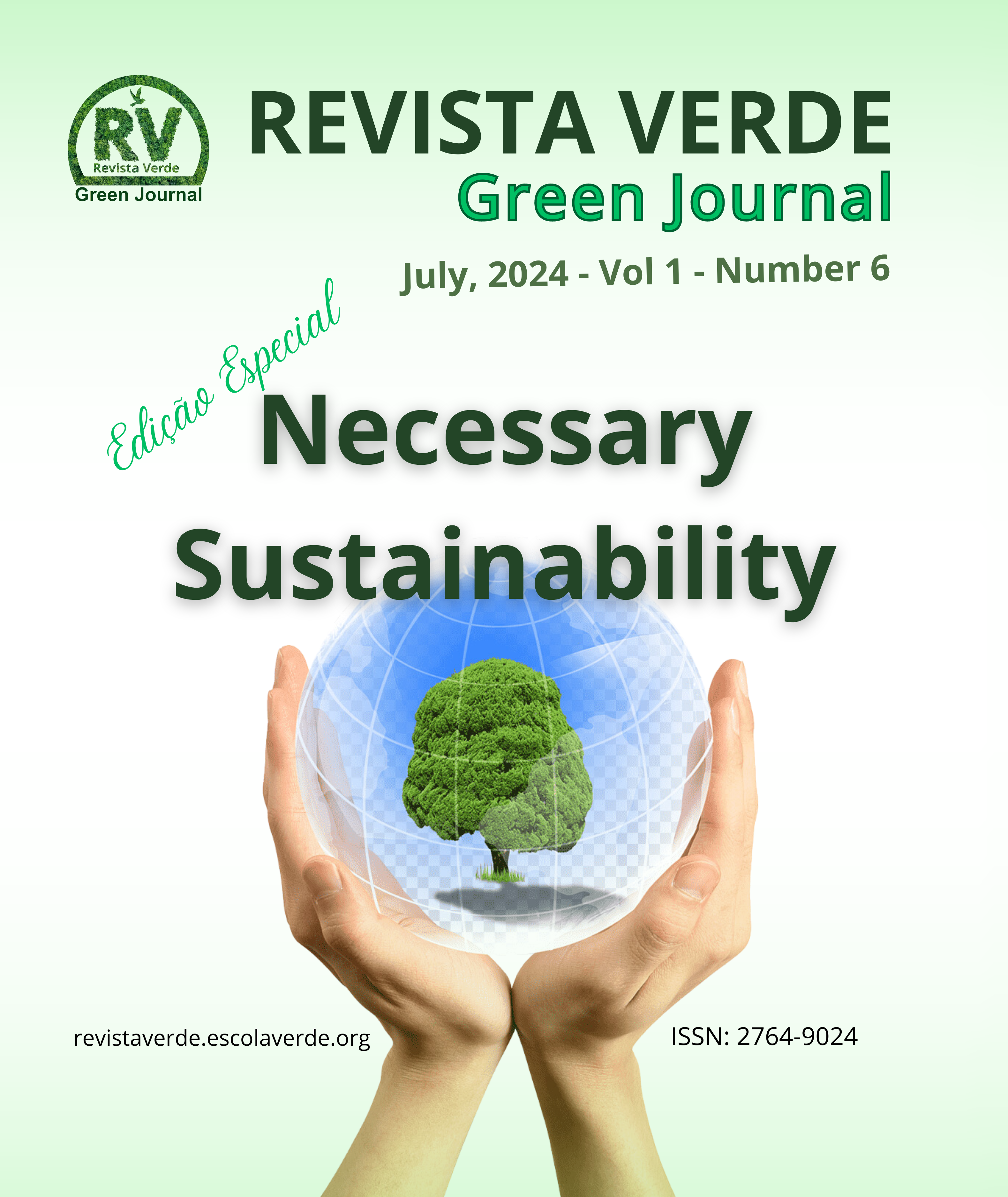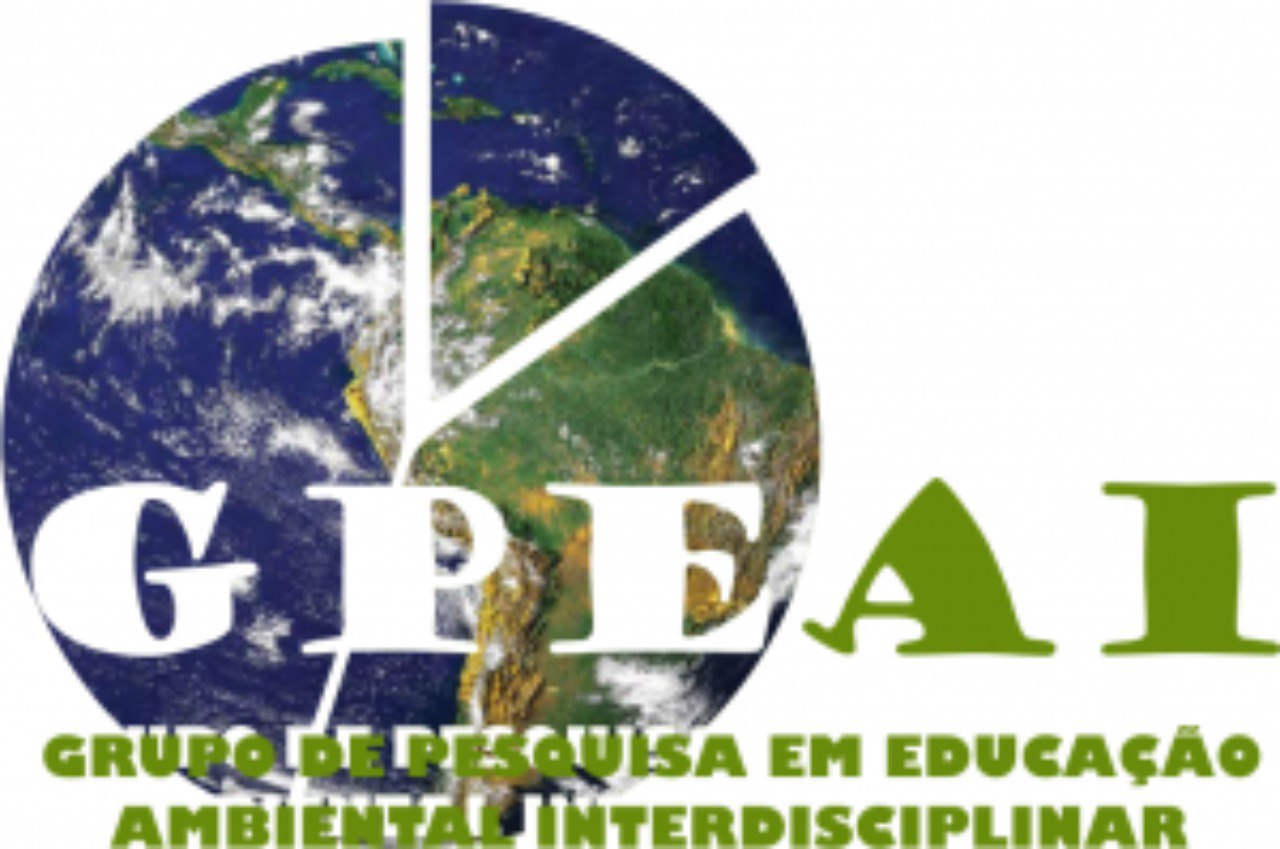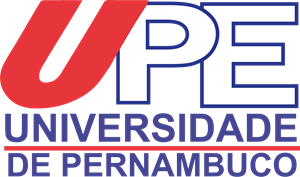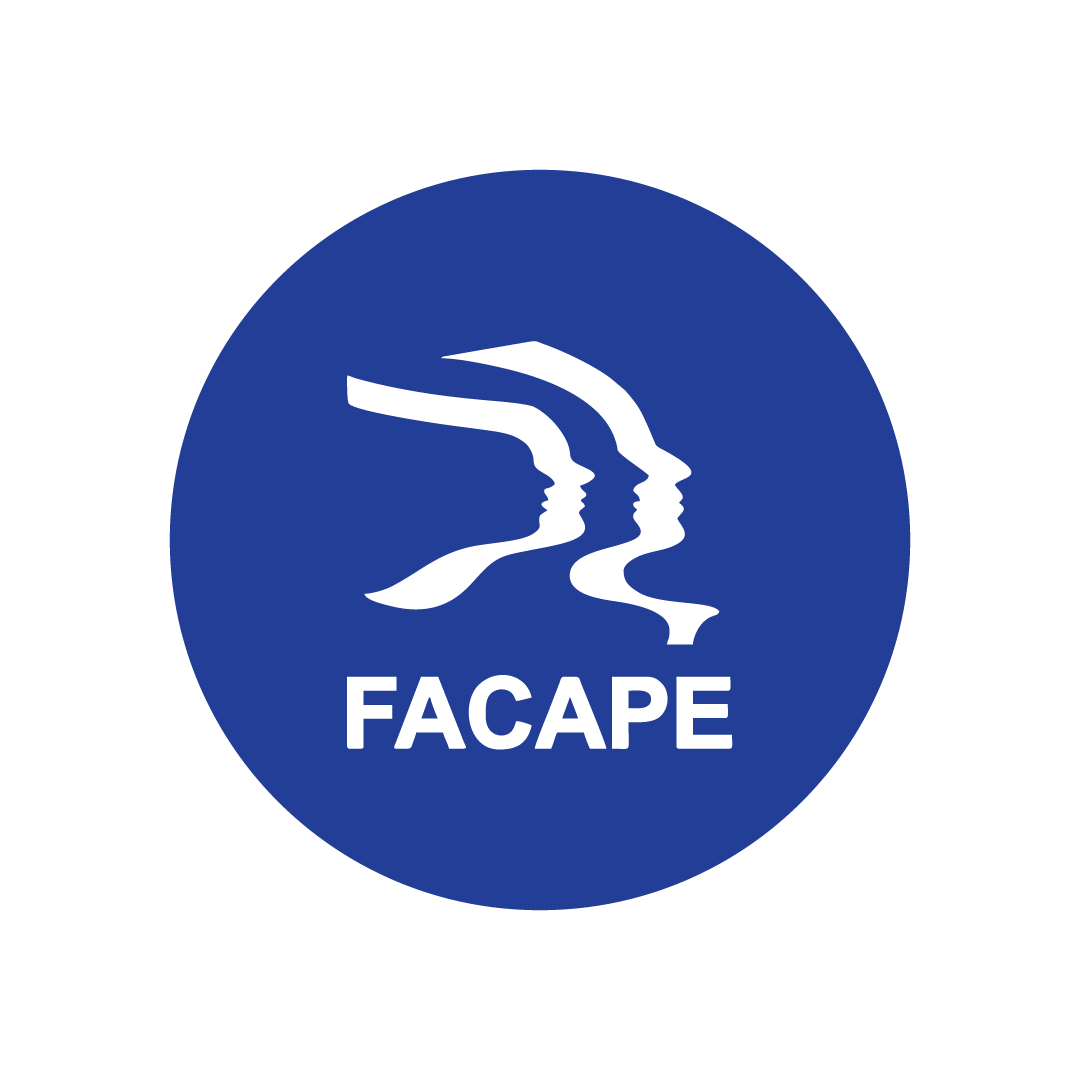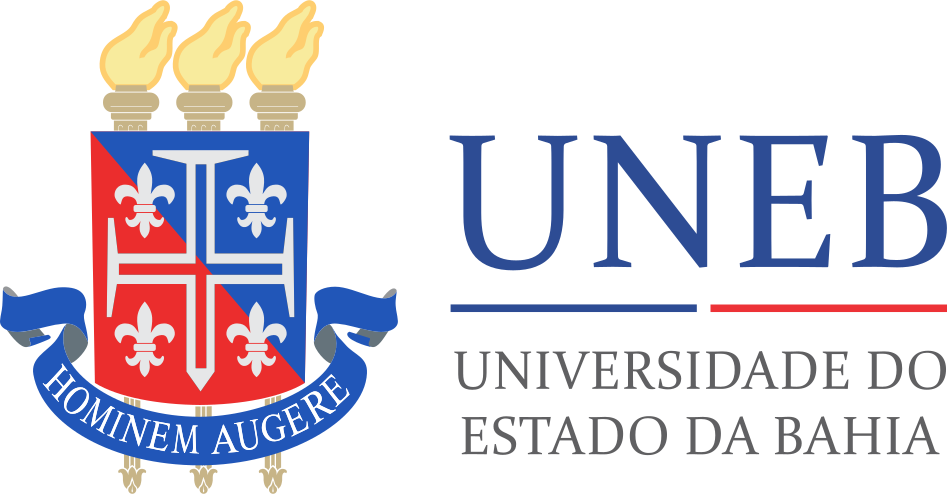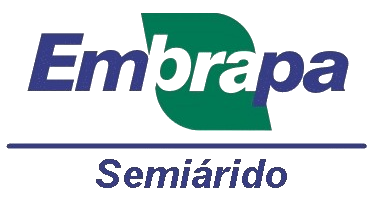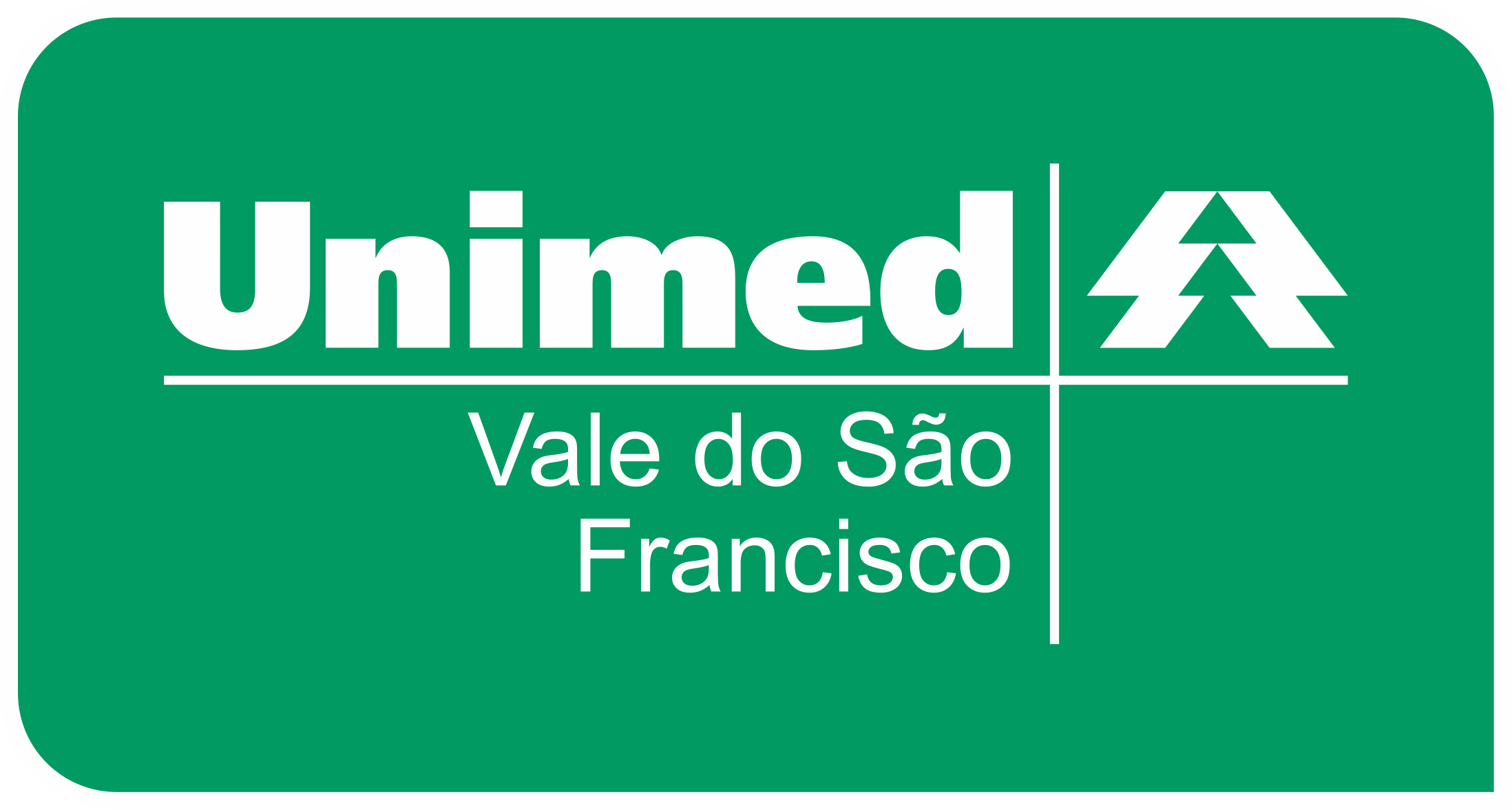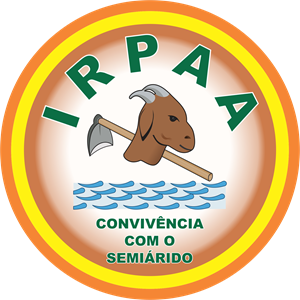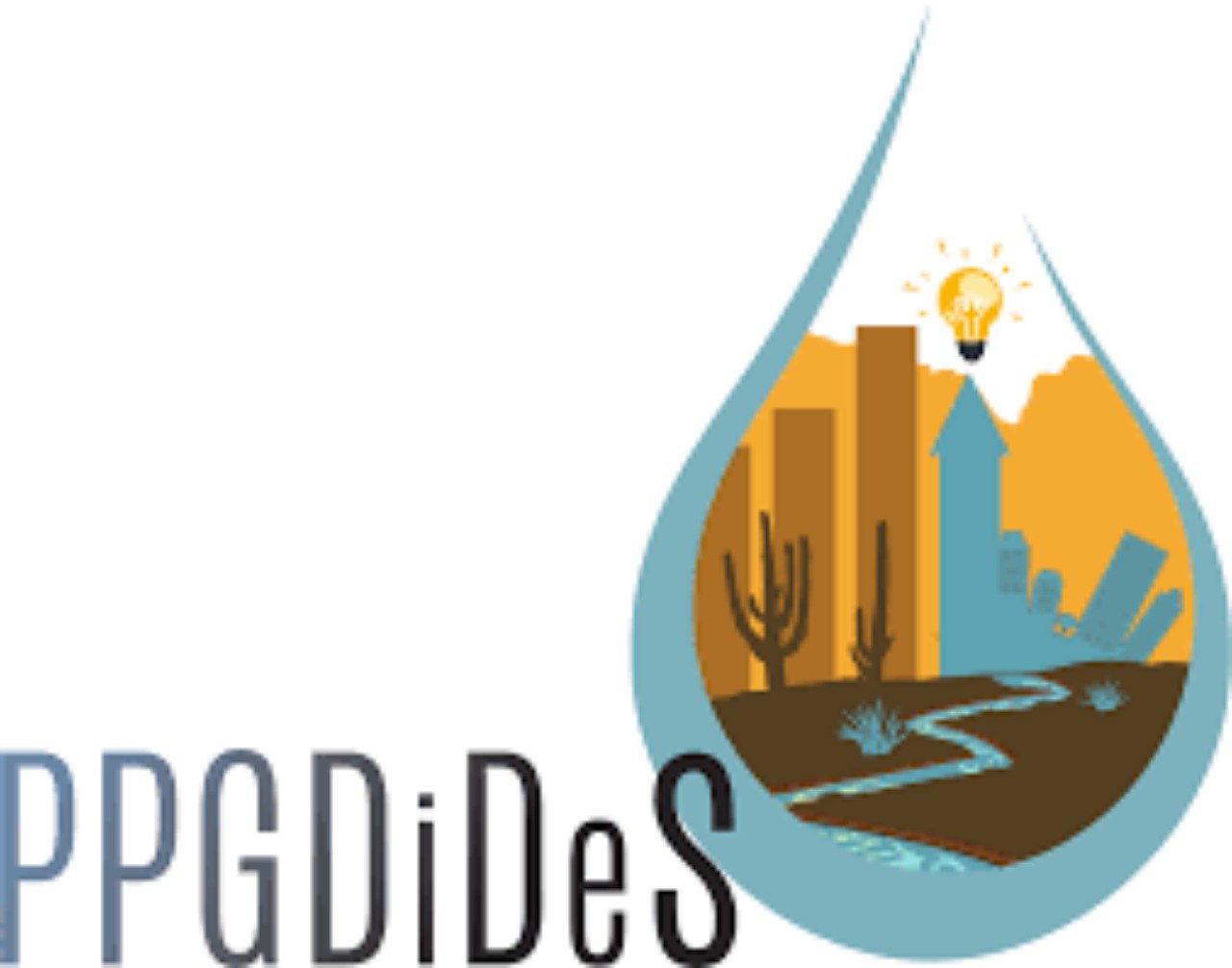DESCARTE DE RESÍDUOS SÓLIDOS
UMA EXPERIÊNCIA DO PEV NO IFSERTÃO-PE, CAMPUS PETROLINA
DOI:
https://doi.org/10.5281/zenodo.12772166Keywords:
Sector agreement, Reverse logistic, Solid waste, Shared responsibilityAbstract
Solid waste, more precisely called garbage, corresponds to all material originating from man's daily activities in society. The excessive generation and environmentally safe final disposal of solid waste have been the focus of many discussions and research that seek alternatives to mitigate or solve one of humanity's biggest concerns. Law nº 12,305/2010 established the National Solid Waste Policy and seeks in its guidelines to encourage and promote integrated management and management of solid waste, whatever its nature, assigning responsibility to public managers for the development of projects to promote integrated management and environmentally appropriate management of solid waste in the country. With the Law, responsibility for waste is now shared between citizens, companies, city halls and the state and federal governments. Using the concepts of sectorial agreement and shared responsibility, this work presents a selection of actions developed by the PEV team linked to the Instituto Federal do Sertão Pernambucano Campus Petrolina related to the disposal of 1751 fluorescent lamps, 21 kg of batteries, 38 kg of gloves, latex, 70% reduction in the volume of heavy metals and implementation of selective collection.
Downloads
Downloads
Published
Issue
Section
License
Copyright (c) 2024 Green Journal

This work is licensed under a Creative Commons Attribution-NonCommercial-NoDerivatives 4.0 International License.

